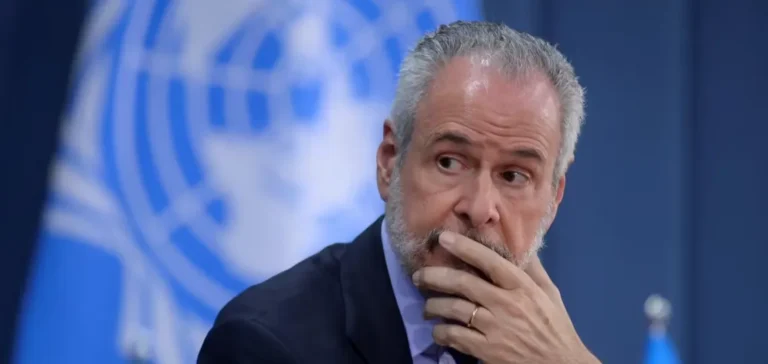Less than a month before the opening of the 30th United Nations Climate Change Conference (COP30), scheduled in Belém, Brazil, confirmations of participation from heads of state and government remain limited. Brazilian President Luiz Inácio Lula da Silva, host of the event, had aimed for strong international mobilisation for this strategic meeting. The logistical challenge is significant, with an expected influx of 50,000 participants into a city of 1.4 million inhabitants with limited infrastructure.
A summit under logistical and economic pressure
Scheduled from November 10 to 21, COP30 will be preceded by a leaders’ summit on November 6 and 7. However, only a few heads of state, including those from Colombia and South Africa, have confirmed their attendance. High accommodation costs in Belém have already led several countries, including Japan, The Gambia and Cape Verde, to reduce their delegations. To address the lack of hotel capacity, Brazilian authorities have chartered cruise ships to house some participants.
Few major commitments expected
Unlike previous editions that led to agreements on fossil fuels and climate finance mechanisms, expectations for COP30 remain modest. The Brazilian presidency is focusing primarily on implementing existing commitments, in a context of global political and economic instability. The absence of an official delegation from the United States and China’s minimal targets reflect a gradual disengagement from climate multilateralism.
Political stakes for Brazil
Luiz Inácio Lula da Silva, unofficially campaigning for another presidential term, seeks to make this COP a symbol of Brazil’s return to the diplomatic scene. After hosting the G20 and BRICS summits, the Brazilian government aims to assert a strong position despite internal controversies, notably around oil exploration in the Amazon. Lula has described this COP as a “COP of truth”, hoping to rally support beyond existing divides.
Fragile consensus and limited expectations
COP30 Executive Director Ana Toni stated that climate conferences often reflect current geopolitical tensions. A synthesis of national climate plans expected before the conference is likely to confirm a general lack of ambition. However, to reach a common decision, discussions will have to secure the consensus of nearly 200 countries, a condition that complicates any concrete progress.






















